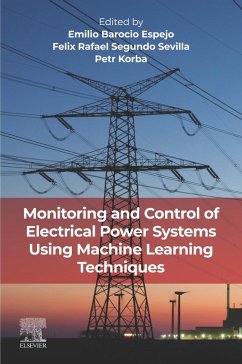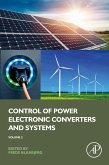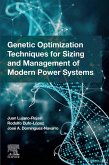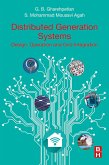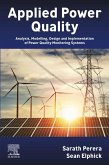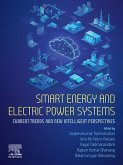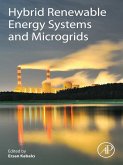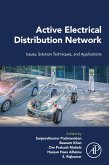Monitoring and Control of Electrical Power Systems using Machine Learning Techniques bridges the gap between advanced machine learning techniques and their application in the control and monitoring of electrical power systems, particularly relevant for heavily distributed energy systems and real-time application. The book reviews key applications of deep learning, spatio-temporal, and advanced signal processing methods for monitoring power quality. This reference introduces guiding principles for the monitoring and control of power quality disturbances arising from integration of power electronic devices and discusses monitoring and control of electrical power systems using benchmark test systems for the creation of bespoke advanced data analytic algorithms.
- Covers advanced applications and solutions for monitoring and control of electrical power systems using machine learning techniques for transmission and distribution systems
- Provides deep insight into power quality disturbance detection and classification through machine learning, deep learning, and spatio-temporal algorithms
- Includes substantial online supplementary components focusing on dataset generation for machine learning training processes and open-source microgrid model simulators on GitHub
Dieser Download kann aus rechtlichen Gründen nur mit Rechnungsadresse in A, B, BG, CY, CZ, D, DK, EW, E, FIN, F, GR, HR, H, IRL, I, LT, L, LR, M, NL, PL, P, R, S, SLO, SK ausgeliefert werden.

